Marine Biological Association (MBA) researchers have made remarkable strides in the field of marine biology, conducting ground-breaking research and discovering new insights into the intricate ecosystems of our ocean.
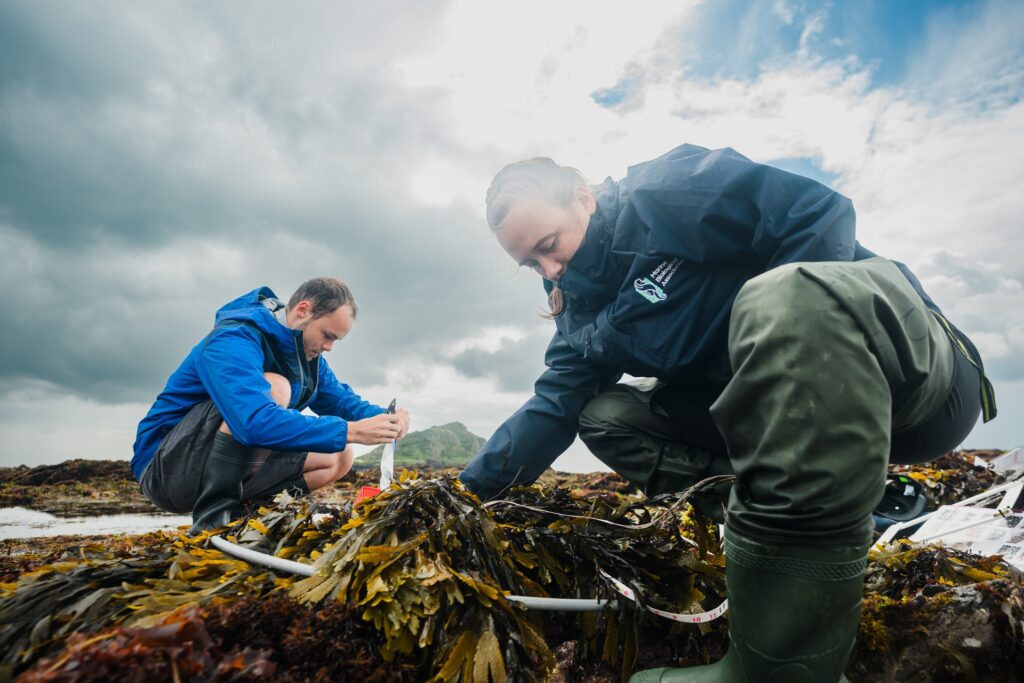
With a rich legacy dating back several decades, the MBA has been at the forefront of groundbreaking research, unlocking the mysteries of marine life and ecosystems.
Extensive fieldwork and research efforts endure to present day, and our scientists continue to provide valuable discoveries to the global scientific community.
“Plymouth plays its part in the promotion of oceanographical expeditions; many of the methods used on ocean going expeditions have been developed in Plymouth.”
FS Russell
Antarctic voyages of discovery
From 1901 to 1915, the MBA was involved in three famous Antarctic expeditions.
Thomas Vere Hodgson, a temporary MBA staff member was a biologist on the British National Antarctic Expedition (known as the Discovery Expedition) which took place from 1901 to 1904.
The expedition led by ‘Scott of the Antarctic’ Robert Falcon Scott with Ernest Shackleton as third officer was a landmark in British Antarctic exploration history.
Hodgson’s work on the Discovery provided the first descriptions of deep sea floor communities in the Antarctic, and The National Marine Biological Library at the MBA holds some of Hodgson’s scientific notes in the MBA Archive Collection.
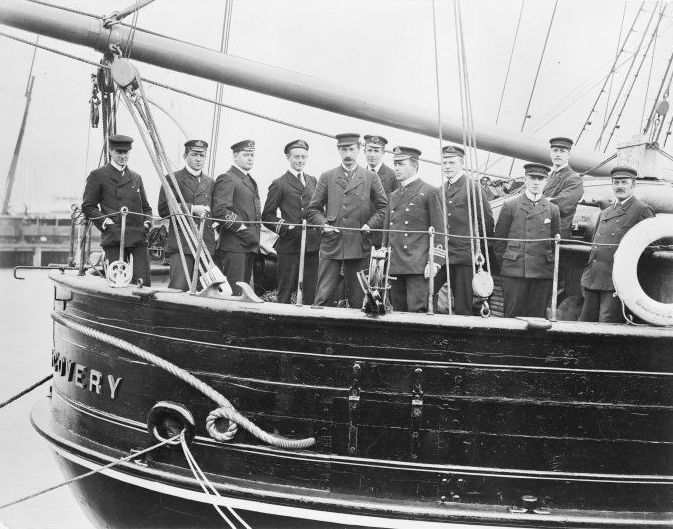
In 1910 MBA staff member, marine biologist and explorer Edward William Nelson joined the British Antarctic Expedition, known as the Terra Nova Expedition, which was led by Robert Falcon Scott. As a biologist on the expedition, Nelson conducted tidal observations while at Cape Evans and was later awarded the Polar Media along with the other Terra Nova members.
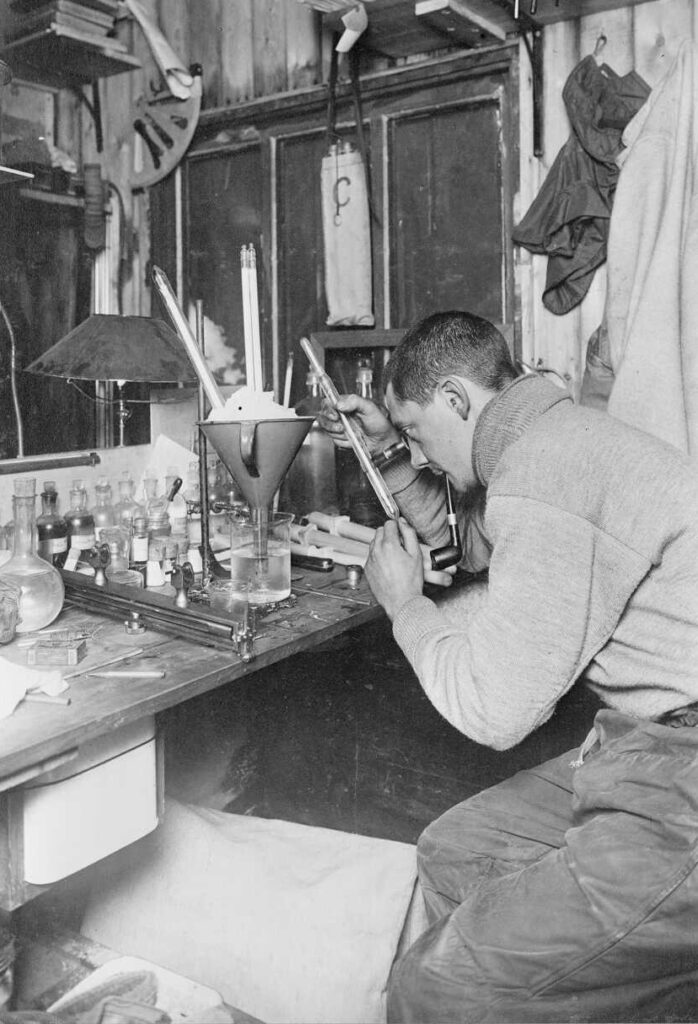
Scottish marine zoologist and explorer Dr Robert Selbie Clark was appointed naturalist at the MBA in 1913 and joined the ill-fated Imperial Trans-Antarctic Expedition (known as the Endurance Expedition) with Shackleton from 1914 to 1917.
Clark recorded the specimens encountered using dredging nets as the ship progressed southwards. When the ship became trapped in the ice he continued with his work, dissecting penguins and recording the changes in the plankton levels in sea.
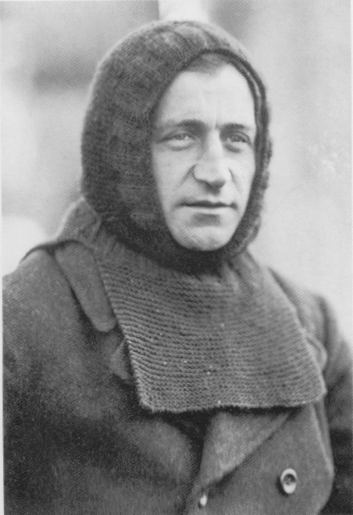
Discovering the importance of plankton
In 1925 Sir Alister Hardy set sail on the RRS Discovery as Chief Zoologist to Antarctica. The main mission of the voyage was to conduct biological, ecological and oceanographic research to better understand whale population dynamics and improve the regulation of the southern whaling industry that operated from South Georgia, British overseas territory.
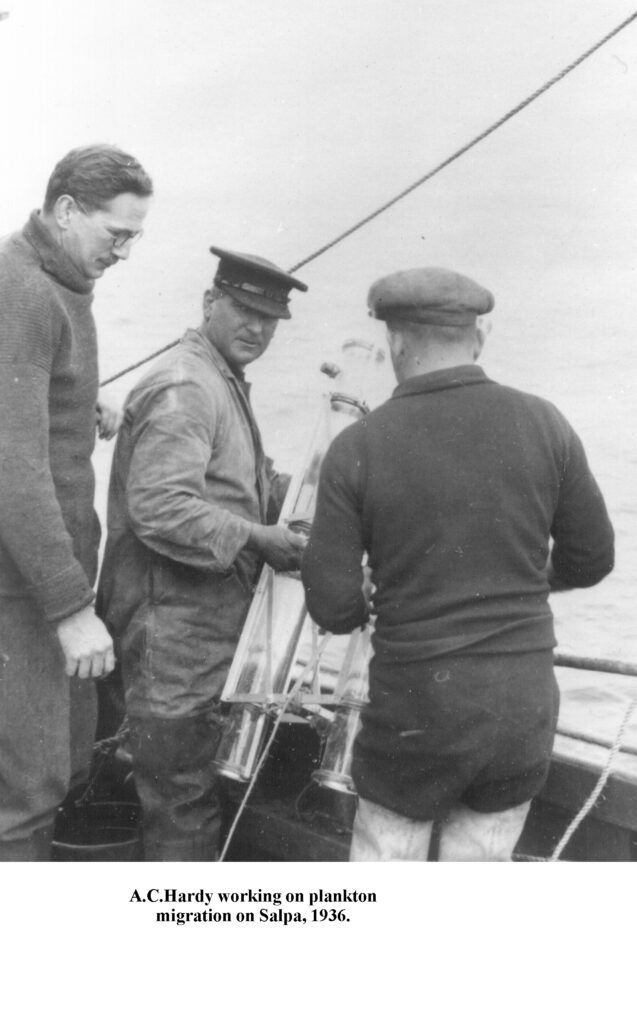
Whilst on board he trialled the first prototype of the Continuous Plankton Recorder – a mechanical unit that collects plankton samples and stores them on a moving band of silk.
His pioneering research into plankton distribution and abundance is continued by the Continuous Plankton Recorder Survey (CPR Survey), the longest running and most geographically extensive marine plankton sampling program in the world.
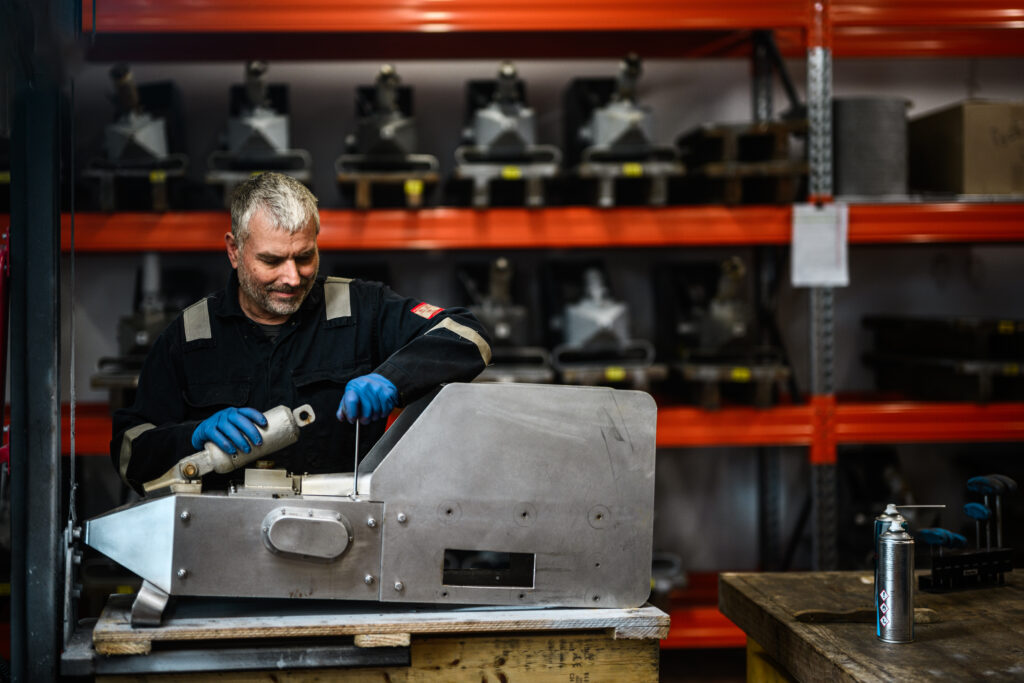
In 2020 the CPR Survey received a Guinness World Records title for greatest distance sampled by a marine survey, reaching over 7 million nautical miles.
How marine species respond to climate change
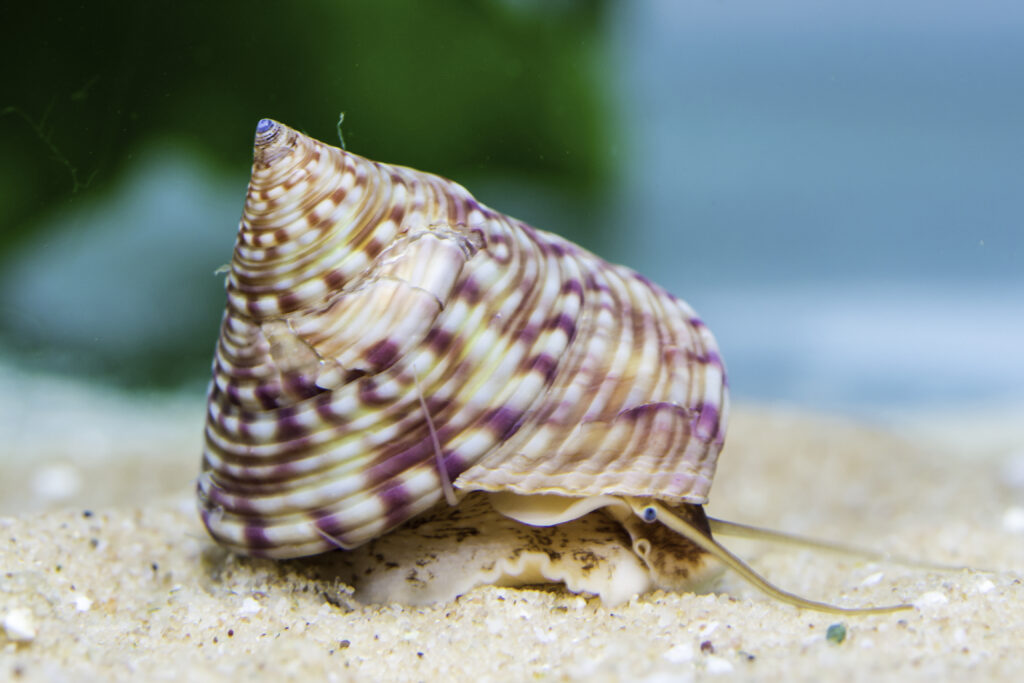
The Marine Biodiversity and Climate Change (MarClim) project started in 2001 to investigate changes that have occurred in rocky intertidal systems within the last 50 years around the UK.
MarClim surveys track the abundance and distribution of 87 species of invertebrates and macroalgae at 100 sites around the UK Regional Seas and northern France and provides annual updates to track how climate influences the marine biodiversity of the British Isles.
Current research using combined laboratory and field experiments is investigating how increasing temperatures and ocean acidification are altering reproductive cycles, impacting performance and recruitment, and identifying the effects of climate change on invasive capabilities of non-natives.
Life beneath sea ice
In 2021 MBA marine biologists Dr Kimberley Bird and Dr Birthe Zäncker joined the Synoptic Arctic Survey (SAS) on an expedition to the Arctic Ocean.
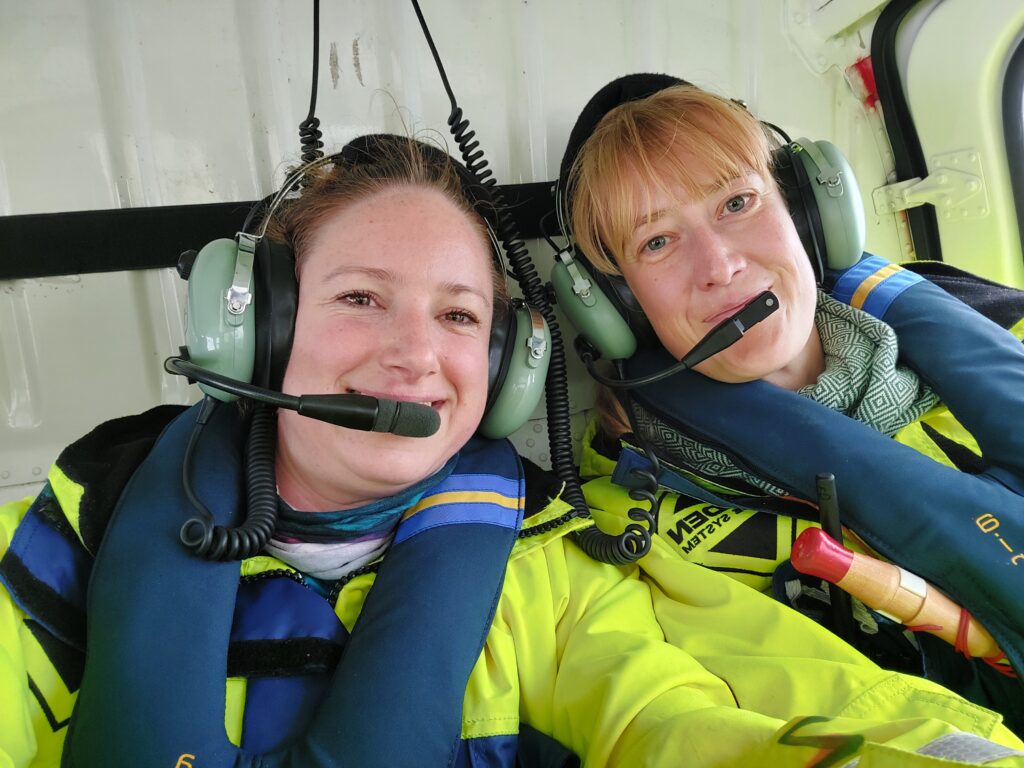
Their research focused on understanding how particles interact with fungi and impact the carbon cycle in the Central Arctic Ocean. For this project, the pair travelled aboard icebreaker IB Oden to collect water and ice samples and analyse microorganisms beneath the sea ice.
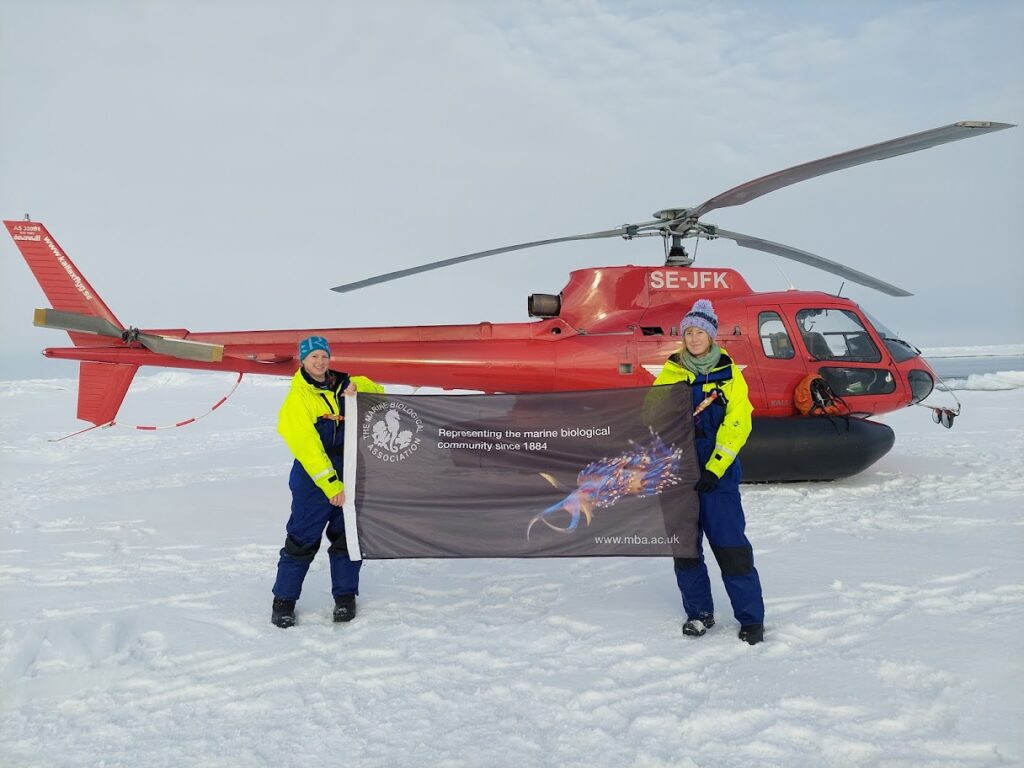
Building a library of life
Darwin Tree of Life (DToL) researchers from the MBA are leading on the collection and sampling of marine species, from crabs and shrimps, to marine worms, seagrass and marine fungi.
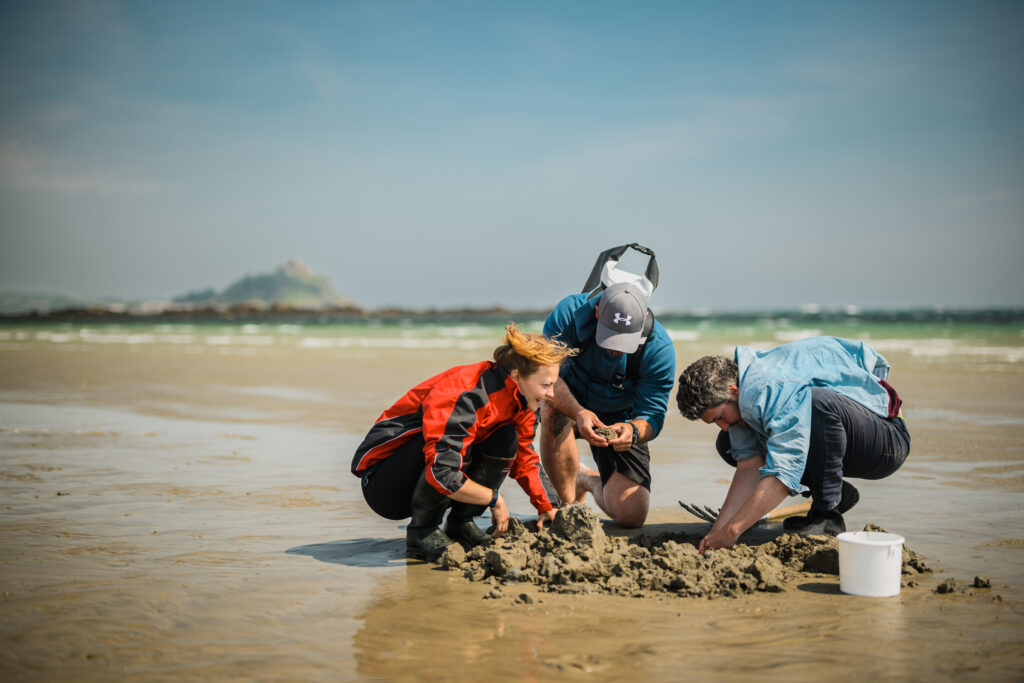
The team have now successfully sampled 1000 species, a huge achievement since the start of their project in 2020.
Tracking the movements of sharks
Large marine animals such as sharks and whales have huge ecological, social, economic, and cultural importance, but can be under great threat due to human activity and climate change.
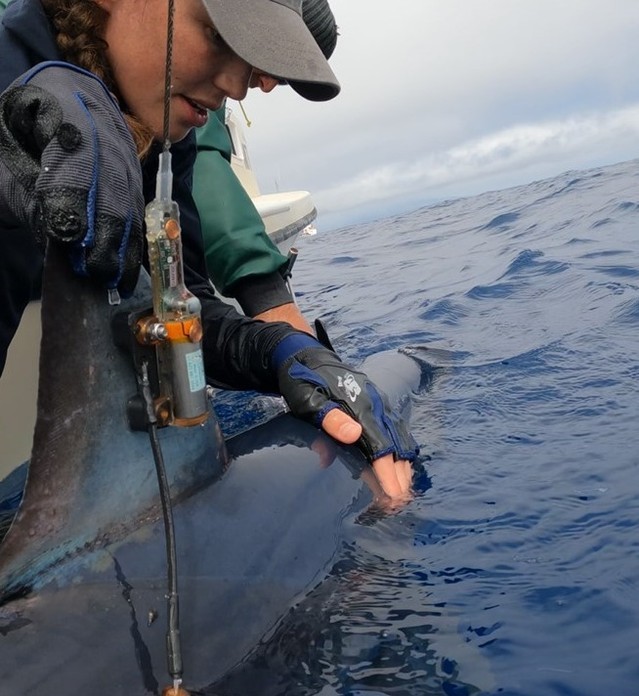
MBA Researchers have travelled across the UK, Ireland and the Azores to tag and track free-ranging sharks and other top predators.
Data collected from this research help to develop models and simulations to better understand movements and behaviours in response to changing environments and human threats.
Protecting vital coastal ecosystems
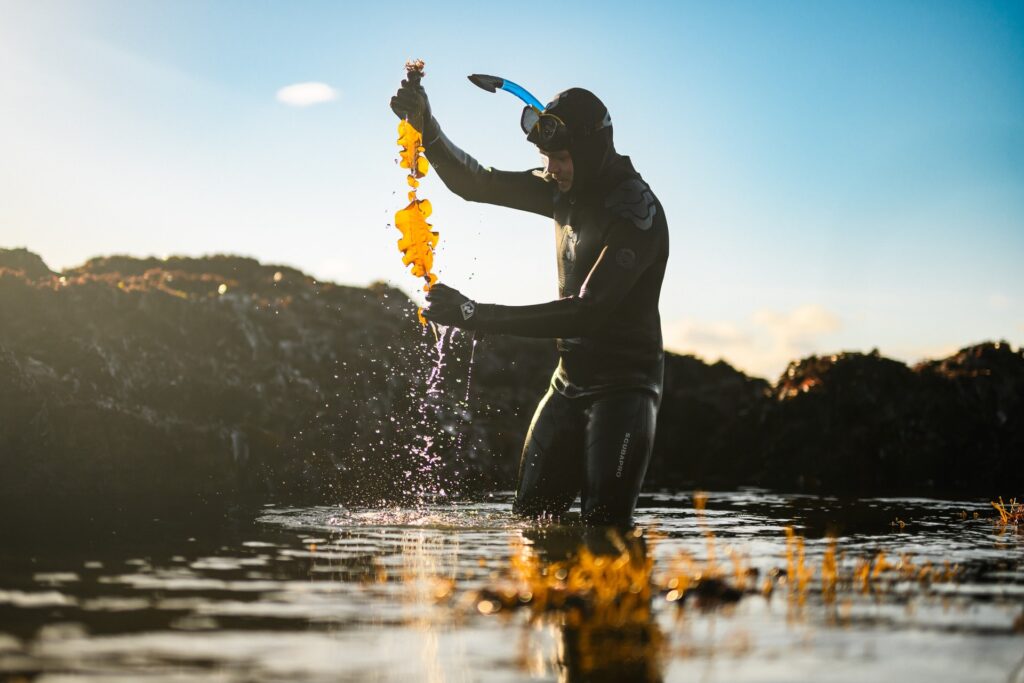
The Smale research team at the MBA lead field-intensive projects to better understand kelp forests and seaweed biology, and the impacts of climate change on marine ecosystems.
Their research has shown ecological impacts of marine heatwaves have often led to major economic losses and wider effects on society across the world.
The team are now working on a groundbreaking project to protect native kelp populations in the UK using Green Gravel, a pioneering restoration tool to combat kelp forest decline.
Under the microscope
The MBA has a long and rich history of studying marine microbial life, exploring the local waters around Plymouth, the open ocean and polar regions, and investigating the many ways that marine microbes maintain a healthy and functioning earth system.
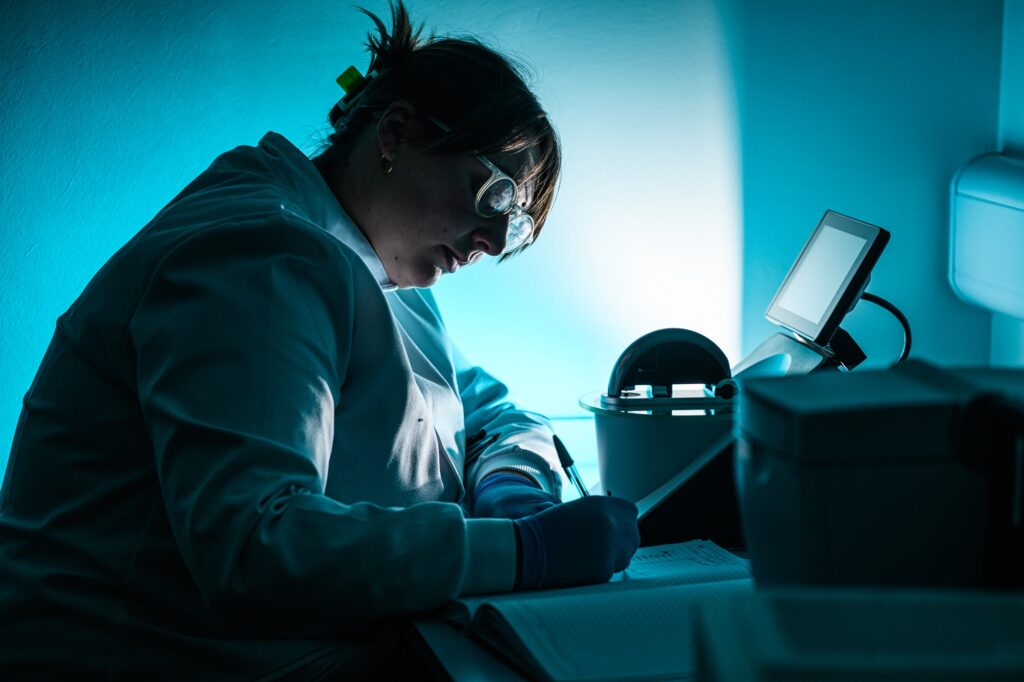
The Marine Biological Association was awarded £1.35 million Wolfson Foundation grant toward a new Marine Microbiome Centre of Excellence (MMCE).
Garfield Weston Foundation kindly agreed to support the MMCE with a transformational award of £400,000.
This world-class research centre which officially opened in 2023 provides new facilities for scientists to analyse the vast and varied microscopic world in our ocean and help us understand its health and the impacts of climate change using world-class technology.
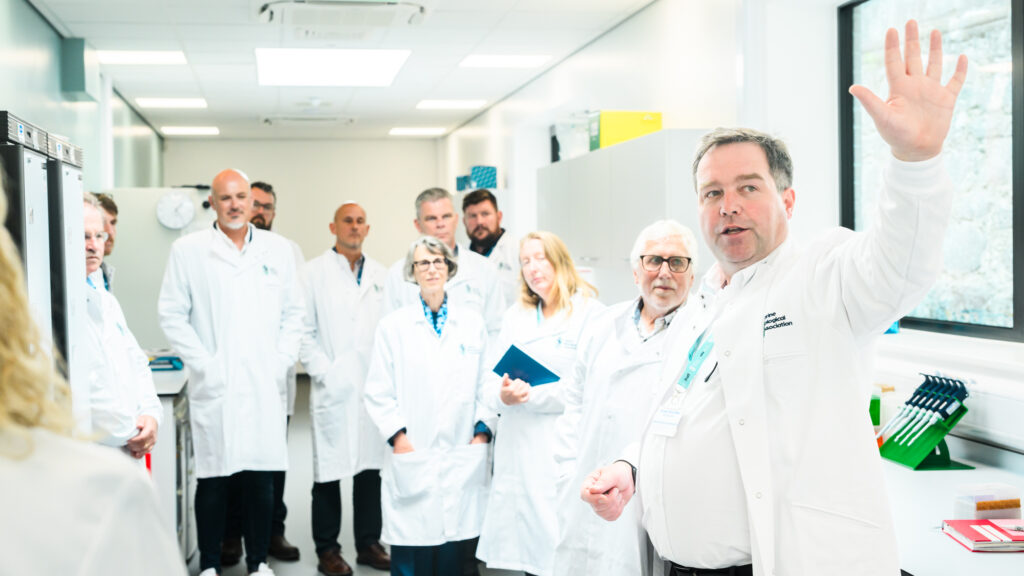
MMCE funding also contributed to the redevelopment of the Ecology Labs and CPR analyst labs with offices and laboratories combined to create a flexible wet lab. The spaces provide facilities for our scientists researching benthic ecosystems and environmental change, biodiversity and climate change, non-native species, and the Darwin Tree of Life project.
Advancing in scientific discovery
As we continue our 140 journey to better understand life in our ocean, our researchers aim to shed light on the complexities of marine biology and promote sustainable practices for the preservation of our ocean.
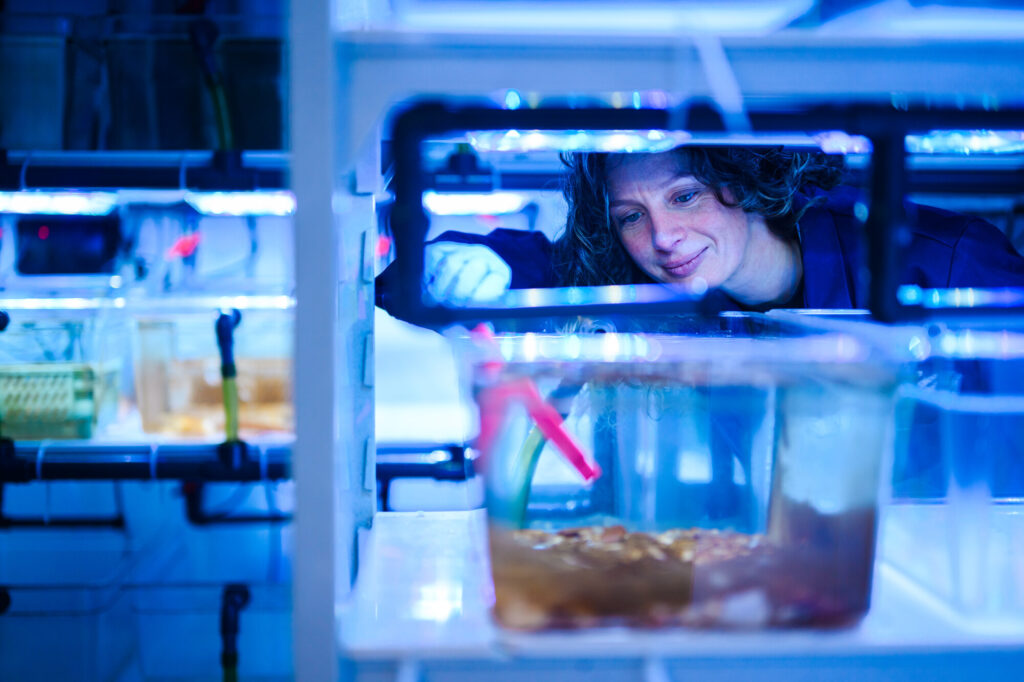
Here are some of our key upcoming research projects:
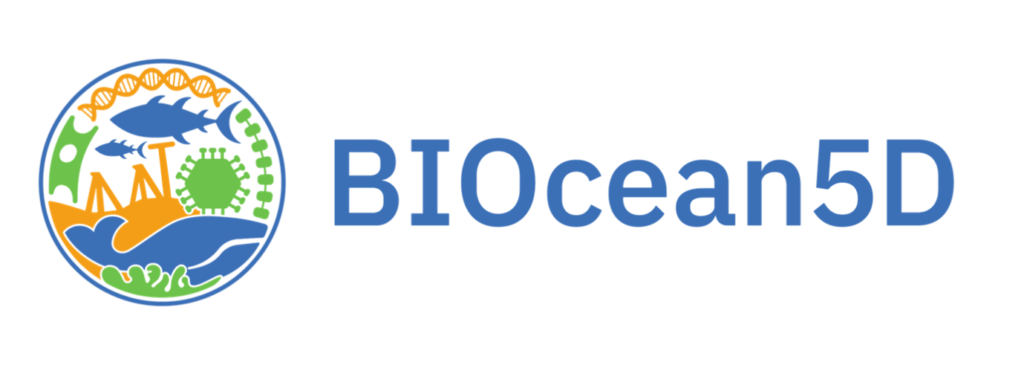
BIOcean5D
BIOcean5D is a major interdisciplinary project designed to better understand the impact of human activity on Europe’s seas and coastlines.
MBA’s role in BIOcean5D includes comparing multiple long-term eDNA time series of marine plankton communities to determine how and potentially why plankton biodiversity has changed in recent years in European waters.

MARCO-BOLO
MARCO-BOLO is a 4-year project that will strengthen European marine, coastal and freshwater biodiversity observation to understand and restore ocean health.
The MBA’s role in MARCO-BOLO is to compare different approaches to assess plankton diversity including determining policy-relevant metrics.

ACTNOW
ACTNOW is a state-of-the-art work programme that provides regulators and decision-makers the knowledge and fit-for-purpose tools they need to combat bio-diversity loss in coastal and marine habitats threatened by climate change interacting with other local and regional drivers.
The MBA’s role in ACTNOW is focused on the assessing harmful algal bloom (HAB) causing phytoplankton such as the toxin-producing dinoflagellate Alexandrium.